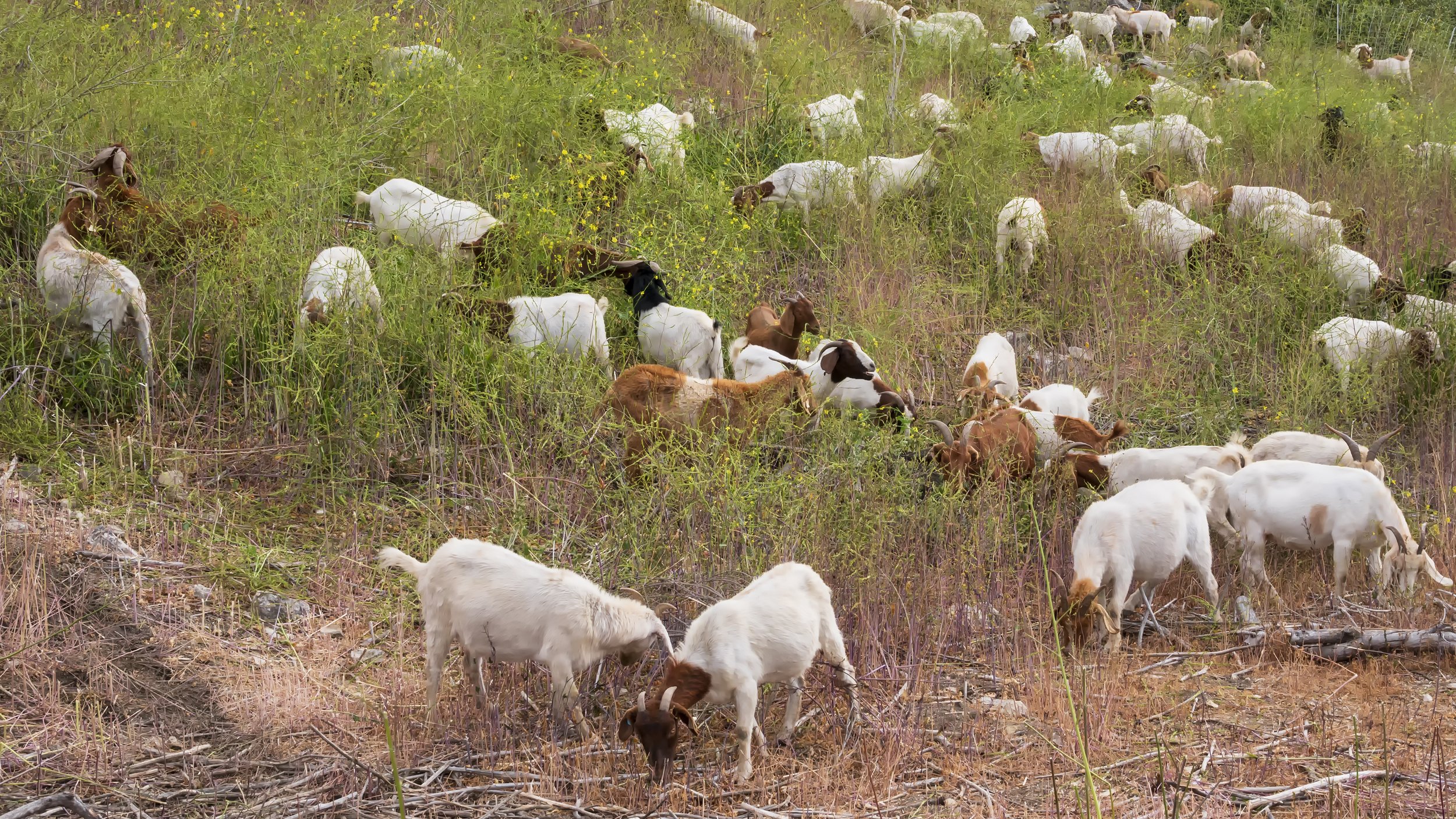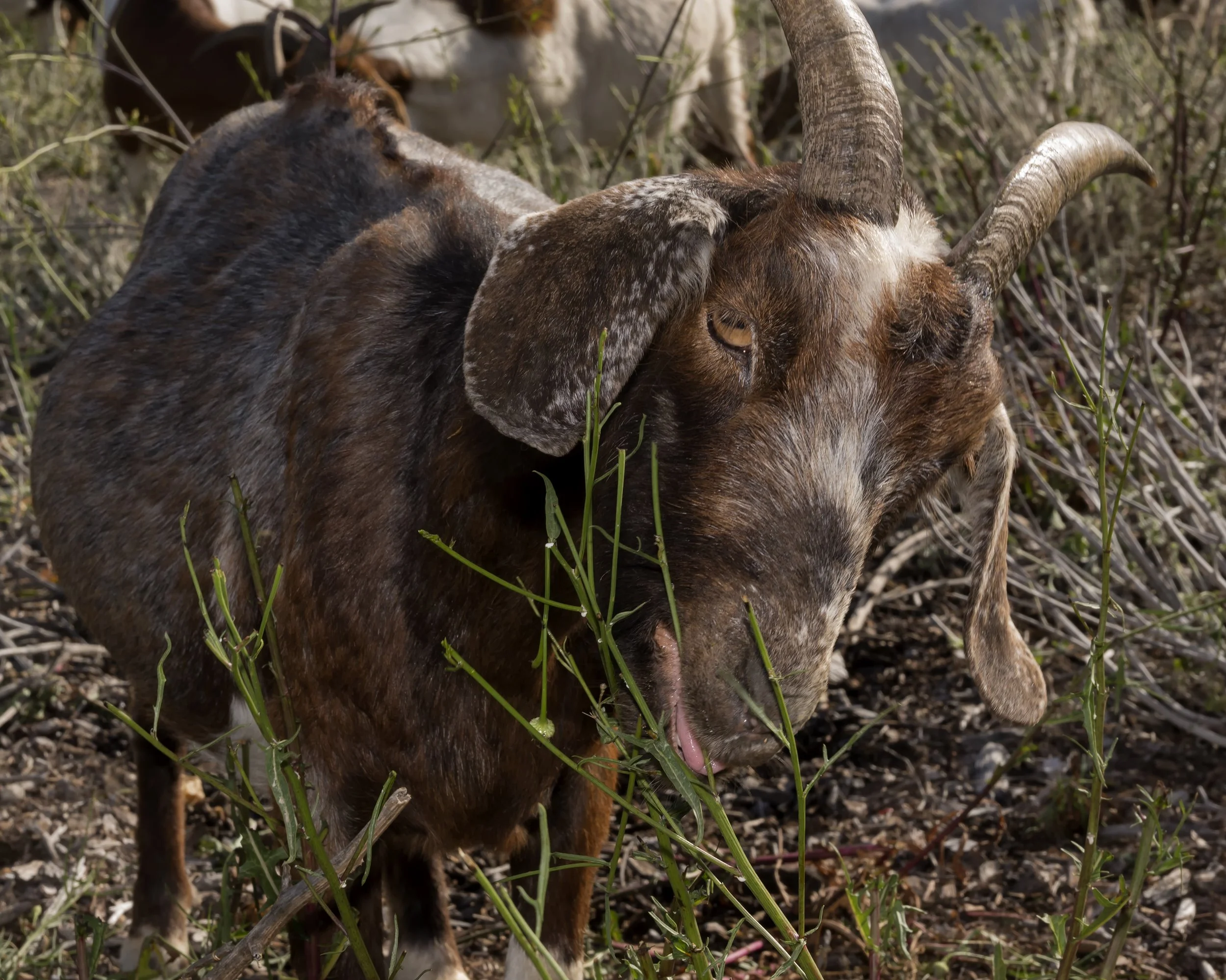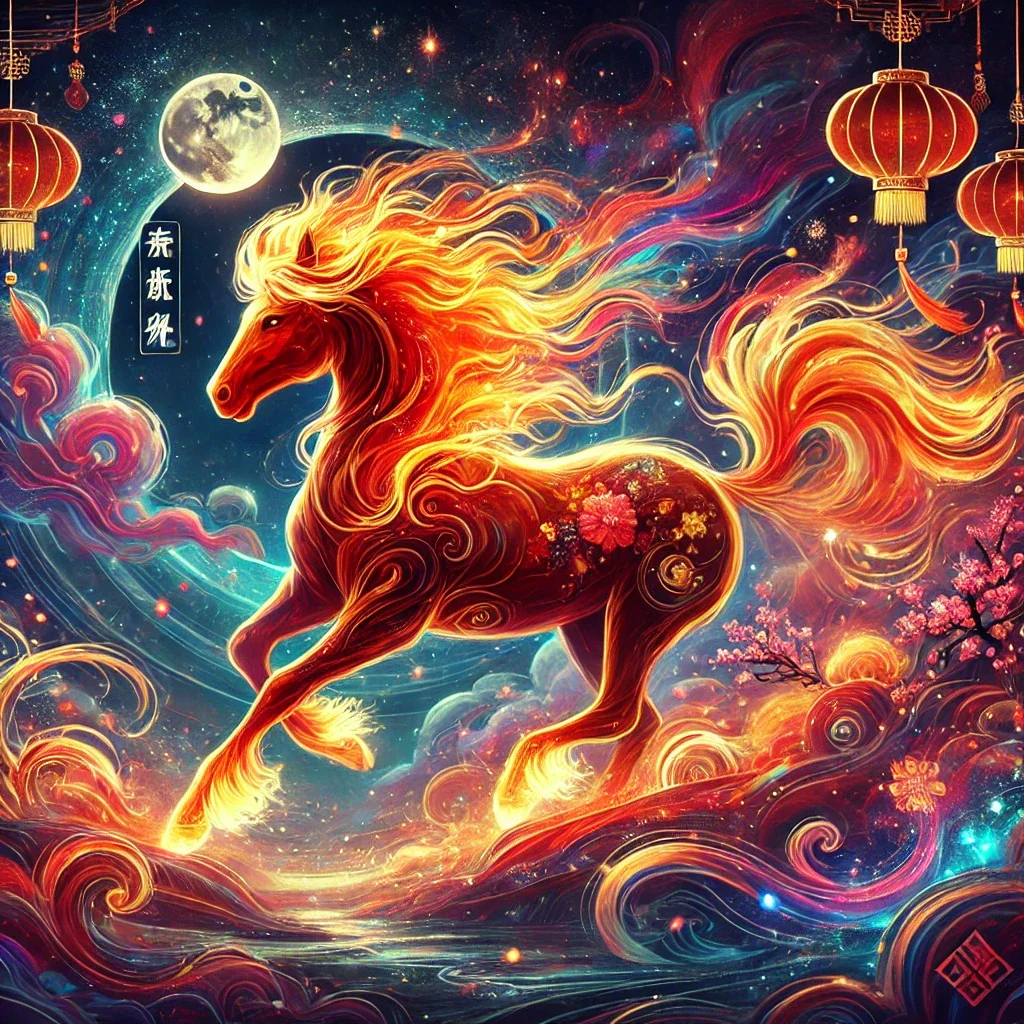Unraveling the Charismatic Charm of Goats: A Fascinating Insight into These Witty Creatures
Goats are fascinating creatures that have been featured in various cultures and mythologies for centuries. They are known for their hardiness, curiosity, and agility, and their symbolism is vast and varied. In this post, we will explore some of the different ways in which goats have been represented in cultures and their significance.
In many cultures, goats are seen as a symbol of fertility and vitality. They are known for their ability to reproduce quickly, and their milk is a valuable source of nourishment for many people. In ancient Greece, the goat was associated with the god Pan, who was considered the god of fertility and was often depicted with goat horns and a goat's beard. Similarly, in Norse mythology, the god Thor drove a chariot pulled by two goats, Tanngrisnir and Tanngnjóstr, which were said to be able to regenerate themselves after being eaten.
In Christianity, goats have a more negative connotation and are often associated with the devil. In the Bible, the sheep are seen as a symbol of the faithful, while the goats are seen as representing those who have strayed from the path of righteousness. In the New Testament, Jesus uses the image of a shepherd separating the sheep from the goats to describe the final judgment.
In some African cultures, goats are seen as a symbol of wealth and prosperity. In countries like Nigeria and Kenya, owning goats is a sign of status and wealth, and they are often used as a form of currency. In Hinduism, the goat is considered a symbol of sacrifice, and they are often used in religious rituals.
In Chinese astrology, the goat is one of the 12 zodiac animals and is associated with the element of earth. People born in the year of the goat are said to be creative, intelligent, and gentle, but they can also be indecisive and shy.
In modern times, goats have also become associated with environmentalism and sustainability. They are known for their ability to thrive in harsh environments and can be used to clear brush and weeds from land, making it easier to farm and cultivate. Goat's milk and meat are also considered more sustainable than other forms of livestock, as they require less water and feed to produce.
In conclusion, goats have played a significant role in cultures and mythologies throughout history. Their symbolism is diverse and can represent fertility, vitality, wealth, sacrifice, and environmentalism. Whether seen as a positive or negative force, goats continue to capture our imaginations and remind us of the complex and interconnected nature of the world we live in.
Photography credit: Steve Tabor








